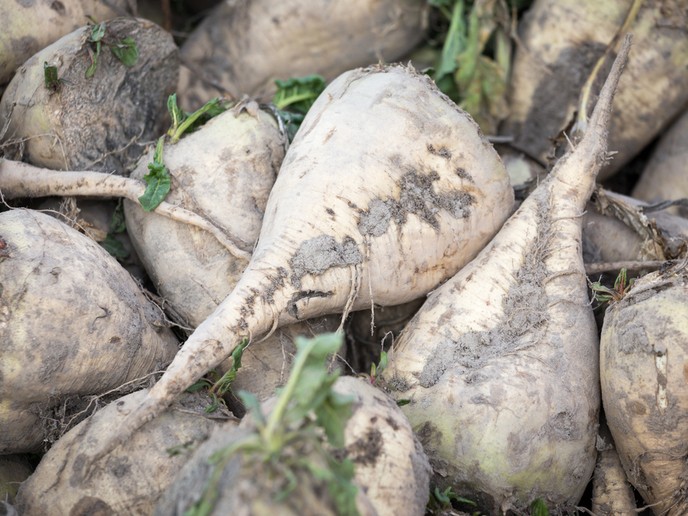Limiting fungal contamination of food
Wheat, maize, wine, dried fruits and nuts are important food and feed commodities that are all plagued by mycotoxin contaminants. Produced by fungi growing on the plant or the harvested food crop, mycotoxins can cause a range of human health problems and major productivity losses. Researchers on the EU-funded 'Novel integrated strategies for worldwide mycotoxin reduction in the food and feed chains' (MYCORED)(opens in new window) project aimed to improve food quality and safety by developing new methods to detect and eliminate mycotoxins. Fungi-resistant plant strains, the detection of mycotoxin contamination and novel fungicides were all investigated. MYCORED researchers identified new cultivars with resistance to fungal infections such as Fusarium head blight. Optimised fungicide use, modelling and a decision-support system all helped reduce pre-harvest contamination. Scientists also created a database for the development of disease-predictive models in wheat, maize and grape. Modelling of mycotoxin contamination in inoculated wheat, maize and hazelnuts helped determine losses from the rejection of contaminated food. Ozone was found to inhibit spore germination of some fungi, preventing mycotoxin production completely in some cases. Several other low-cost additives also reduced mycotoxin production dramatically. Researchers furthermore found that processing of dried fruits and nuts helped prevent contamination. MYCORED then developed and tested a wireless sensor system for monitoring temperature, carbon dioxide and humidity in grain silos. In addition, rapid multi-toxin test kits were advanced and validated as a successful way to identify a wide number of mycotoxins in situ. The consortium spent significant time and effort on disseminating their results through international conferences, workshops, training courses and publications. MYCORED findings will improve food and feed chain processing, reduce post-harvest losses and make food safer for human consumption.







